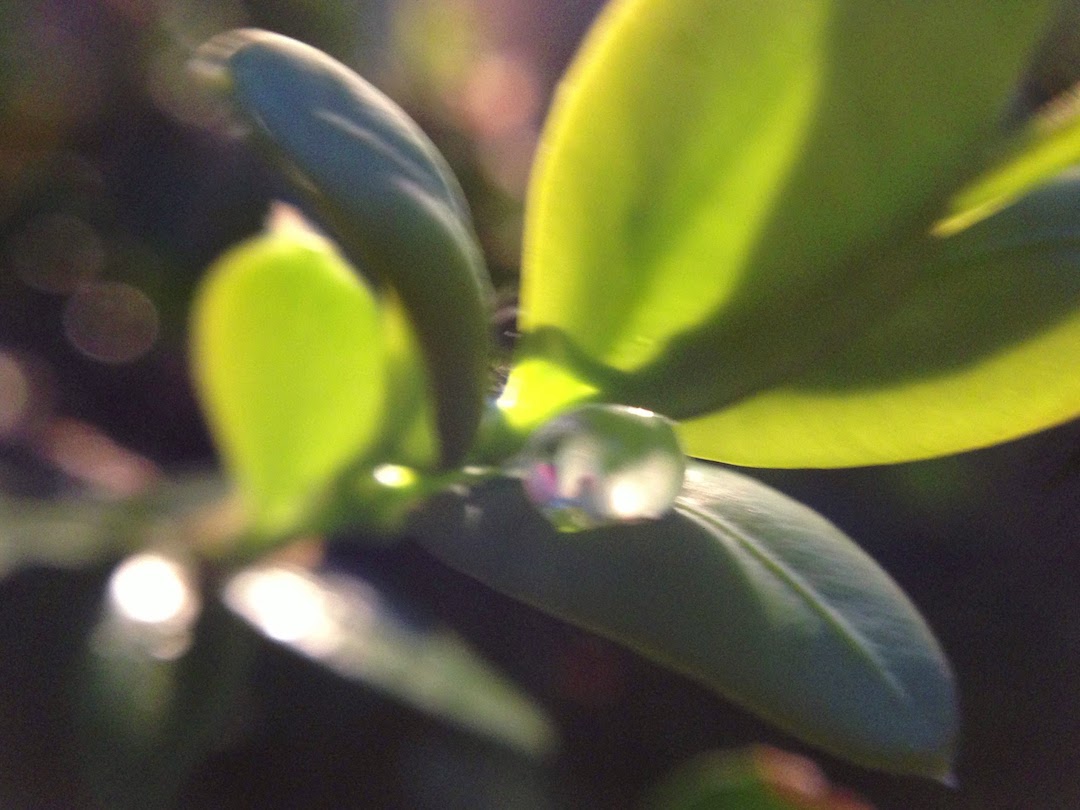by Sue Carson
The first Earth Day was celebrated on April 22, 1970 after scientists in the United States started raising concerns about air and water pollution.
This year 140 countries around the world and over a billion people are expected to acknowledge the day.
What will you and your parish do?
In our diocese, our Youth Synod passed a motion in May 2008 urging parishes to act more sustainably and monitor greenhouse gas emissions. This was formally accepted at our diocesan synod in November. From this seed the Greening Niagara committee was born.
On this tenth anniversary year I am encouraging you to celebrate Earth Day, ponder how you might live our baptismal commitment to care for creation and make environmental changes in your lives.
Think outside the recycling box and do something that really makes a difference—plant seeds with your grandchildren; fly less often; consider buying a hybrid or electric car; buy local food; and eat less meat and processed foods.
As I write this in mid-February, the roots of my magnolia tree are still covered in snow, but transformation is happening; the buds are starting to change. The miracle of growth each spring never fails to remind me that God’s world is full of hope. By opening our eyes to the beautiful part of Ontario where we live, how can we NOT celebrate Earth Day all 365 days of the year?
Caroline Sharp, a seminary student interning at St. James Dundas, believes that, “God created us to take care of the earth.”
Even during the winter months my magnolia tree is a haven for birds on their way to my bird feeder; it ensures they are safe from the ginger-whiskered member of our household. This winter has been harsh for the birds, and even deer and wild turkeys have been drawn to the scattered seeds. If winters get colder or longer we can retreat inside but creatures can’t adapt quickly — what will happen to them?
The yearly cycle of life does continue but we can’t deny that climate change is a real threat to our world — the moral issue of our times, as some bishops have called it. Last April, Dundas experienced an unprecedented flood and a parishioner’s home was badly damaged; around the world untold devastation is happening again and again and again through wind, fire and flooding.
Bill Mous, who was the first chair of Greening Niagara, and continues to inspire our committee, reminds us that “we should walk more gently, care more fully and act more justly in all our relations with the earth and all creation.”
Let’s do just that, individually and as a diocese, and continue to fulfil the challenge set by our prophetic youth.
Sue Carson is chair of Greening Niagara and a member of St. James Dundas.

Resurrection of Hope in Thundering Waters